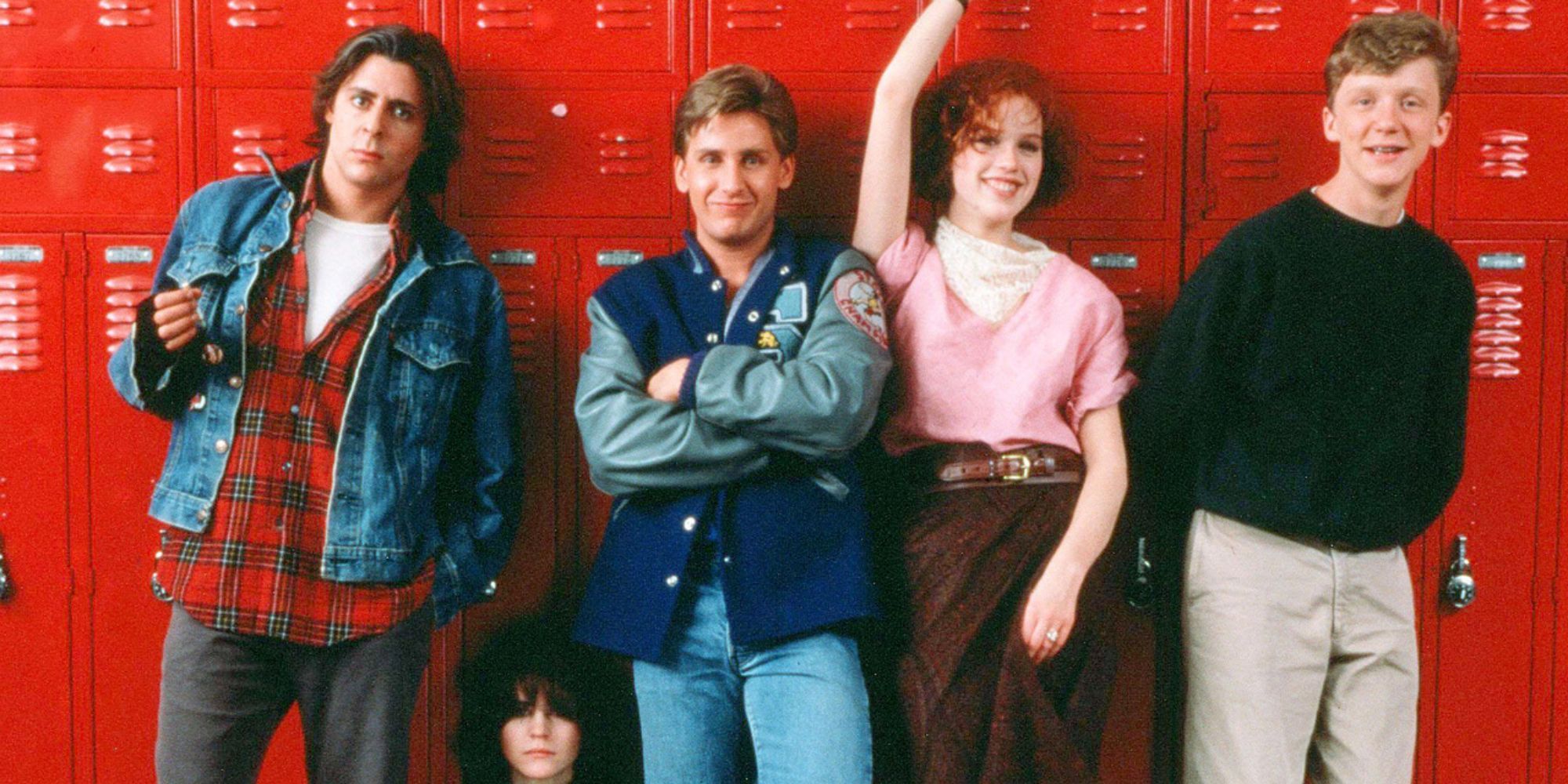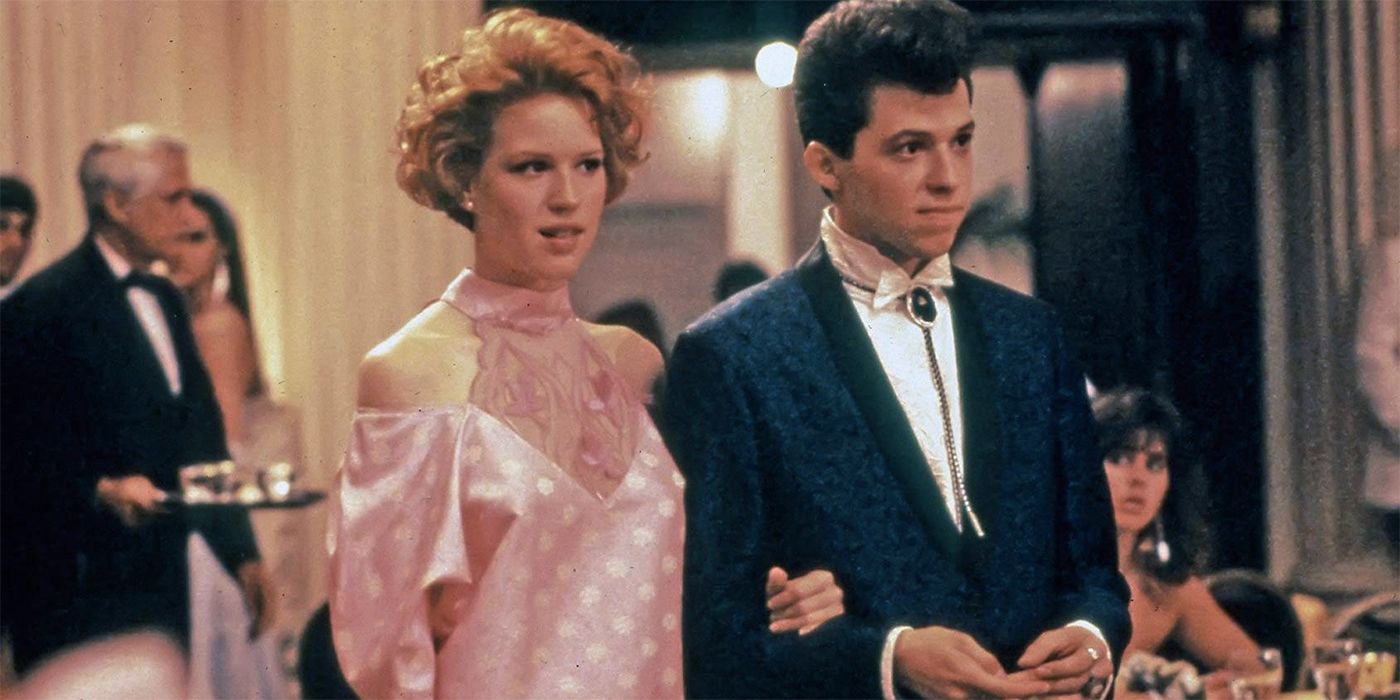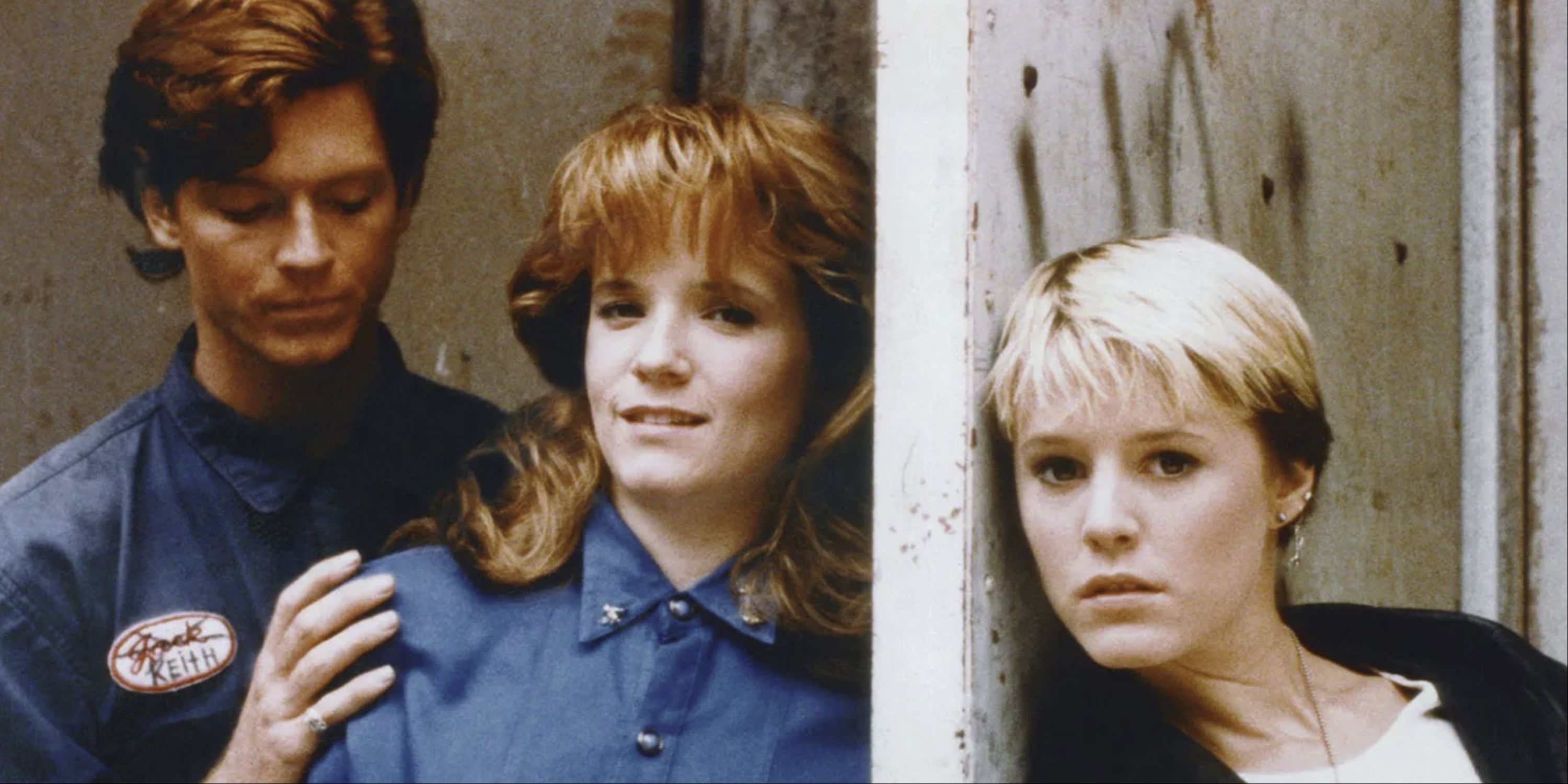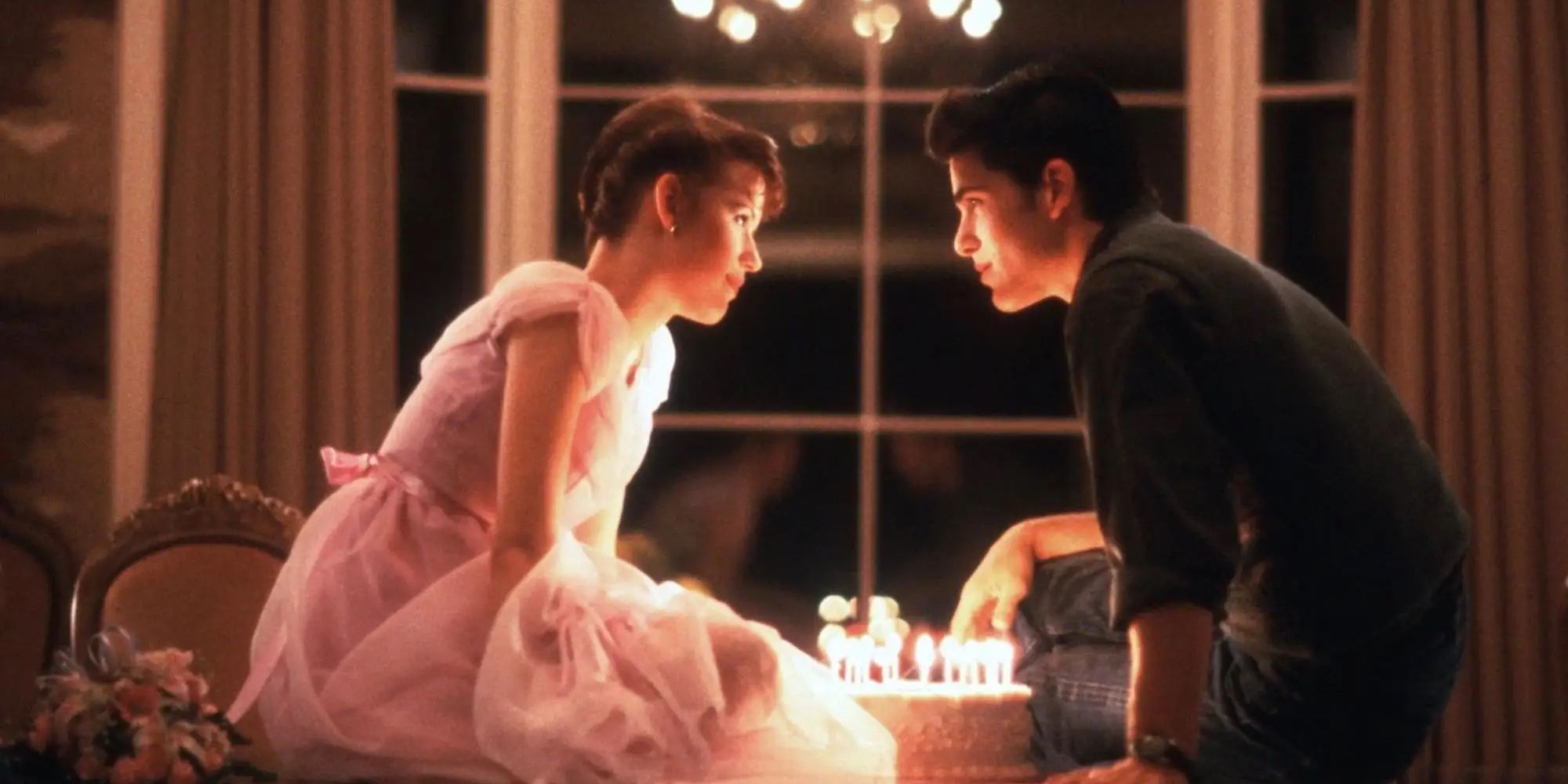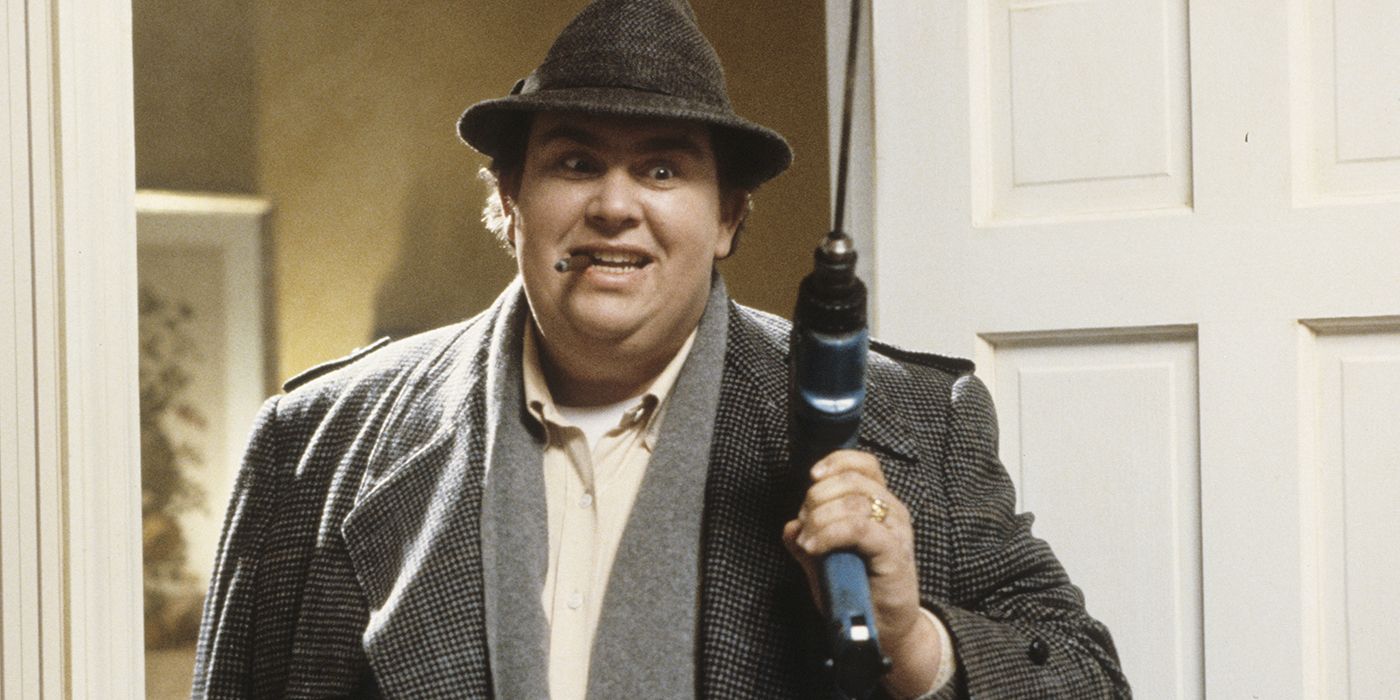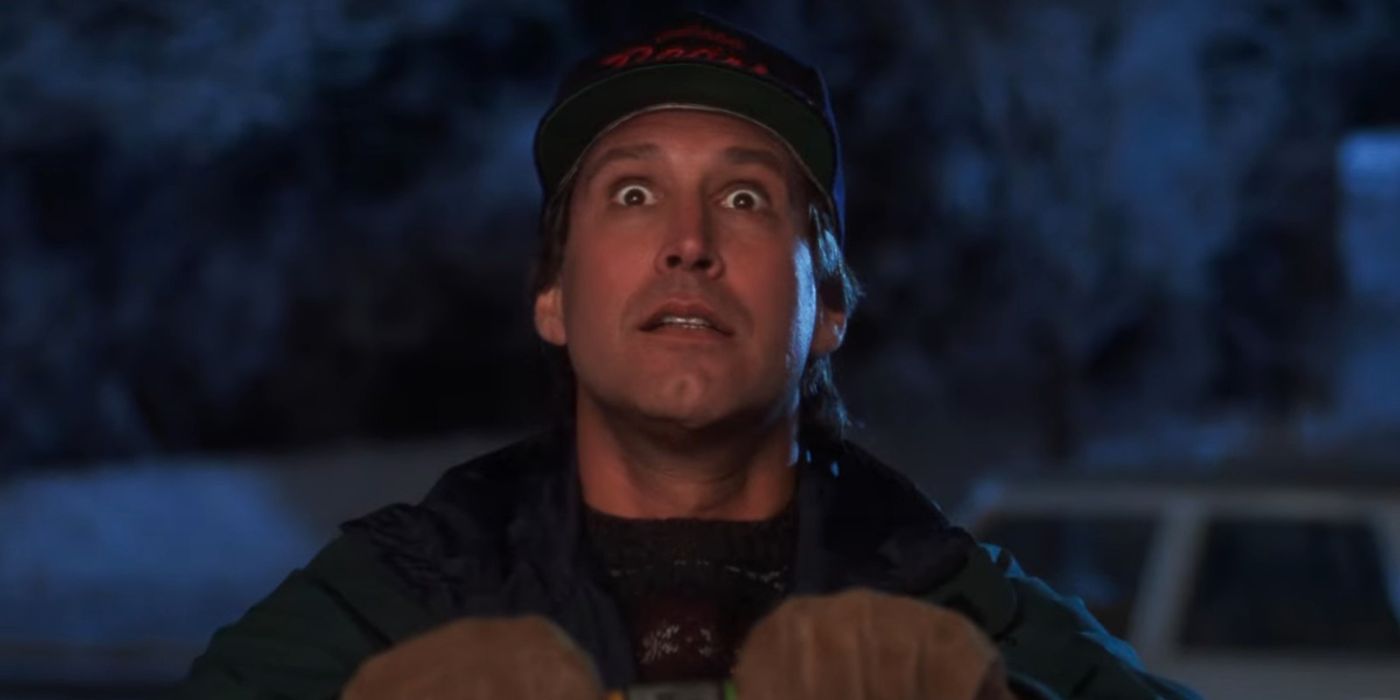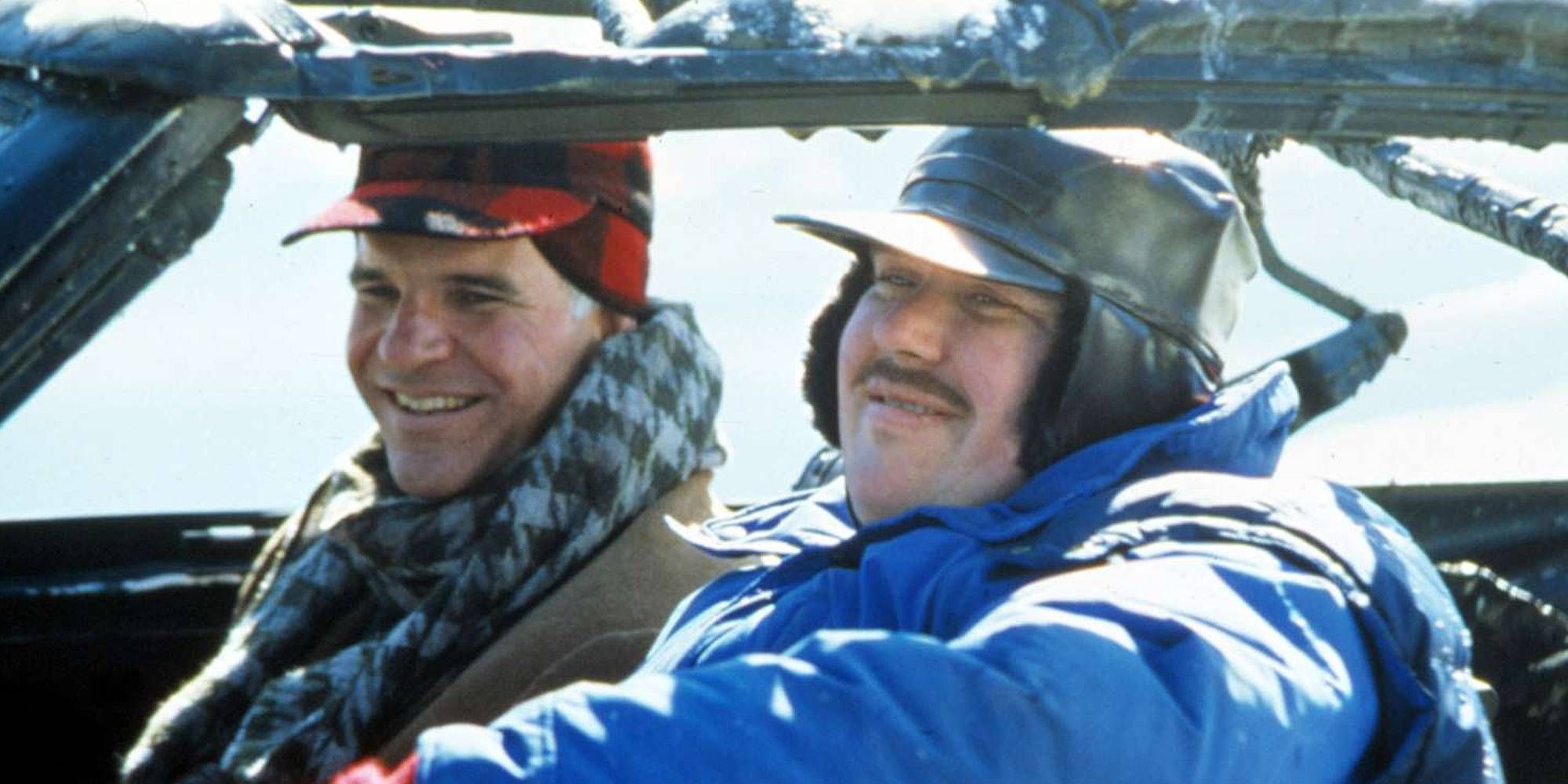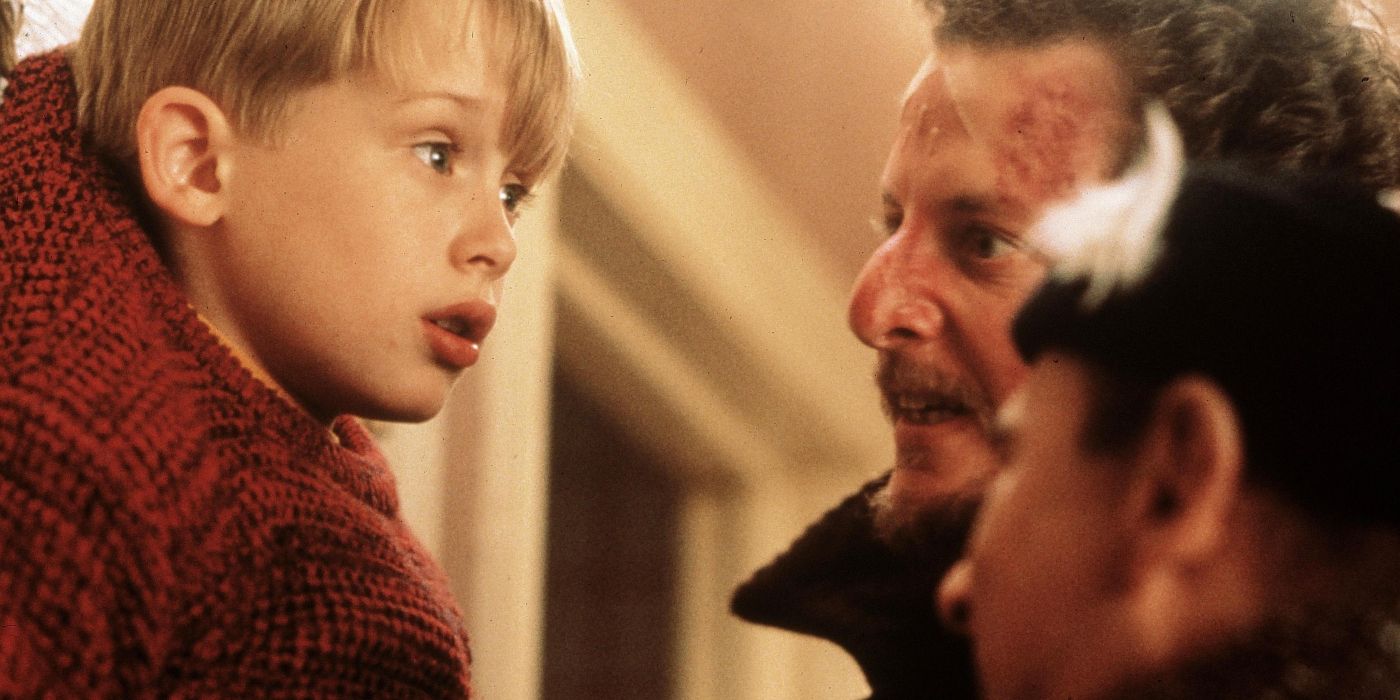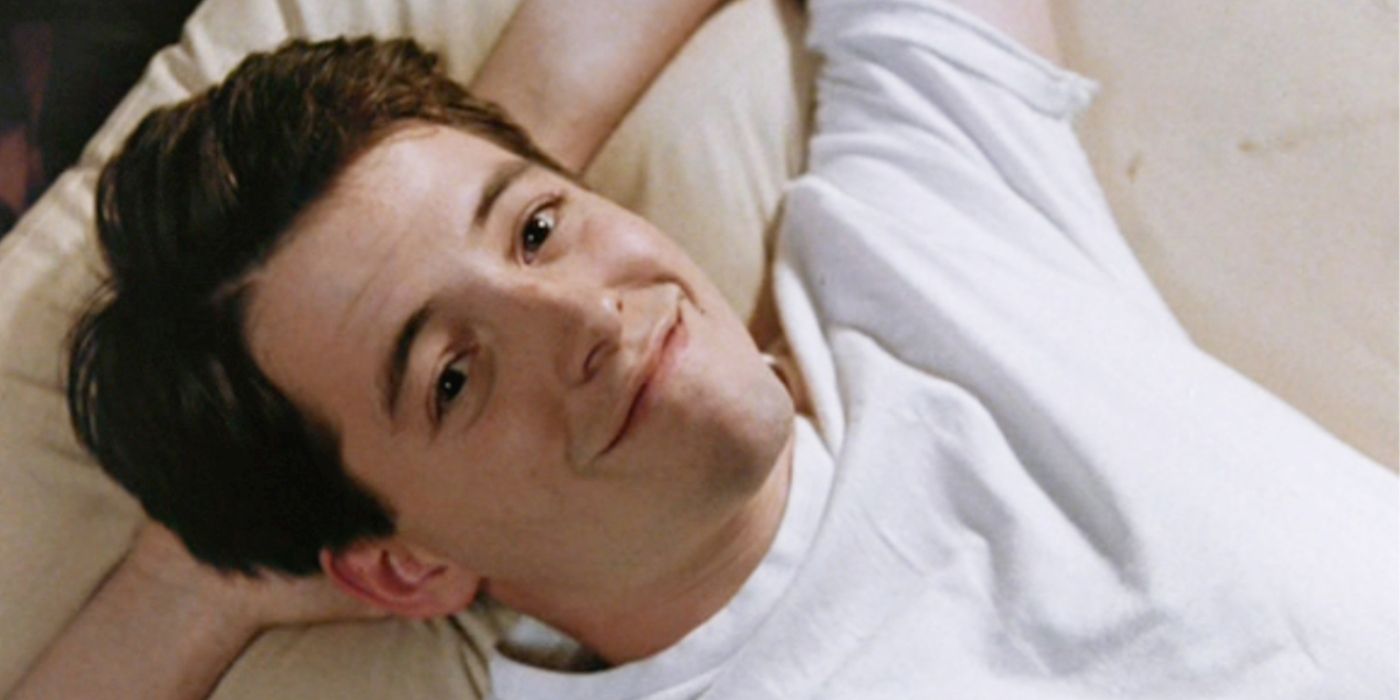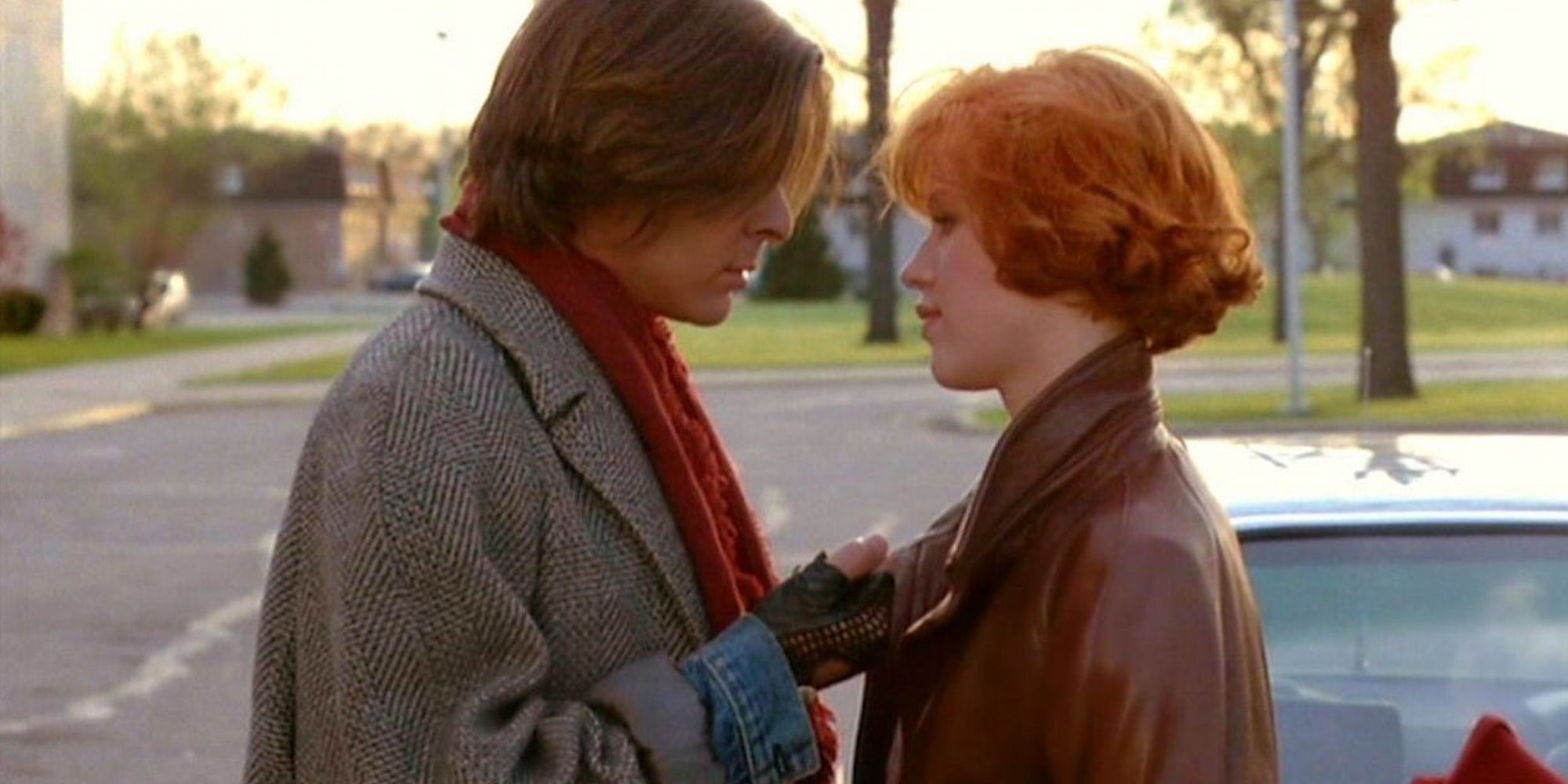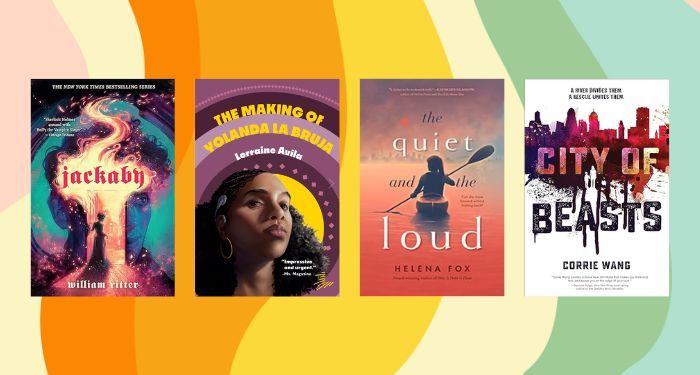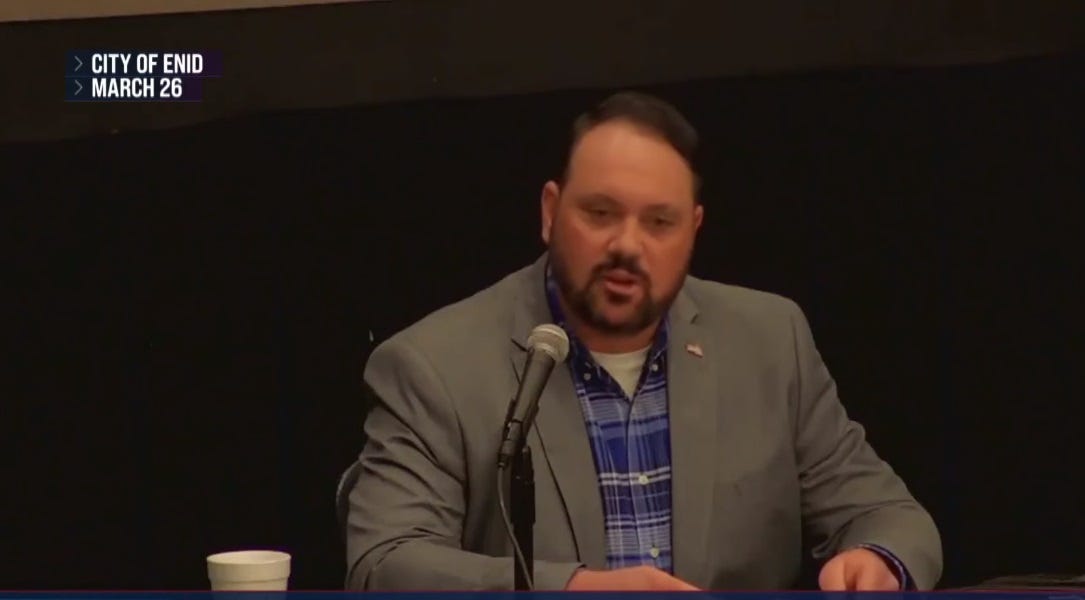John Hughes was an American filmmaker between the early ’80s and late ’90s. He started out writing short stories and selling jokes to comedians, before penning screenplays and eventually stepping behind the camera himself. His most famous movies include gems like The Breakfast Club, Ferris Bueller’s Day Off, and Home Alone. In particular, Hughes was renowned for his ability to craft authentic teenage characters that resonated with audiences.
He took his adolescent protagonists seriously and had an uncanny understanding of their hopes and anxieties. However, his range as a storyteller extended beyond teen movies. His insights into the experiences of middle-aged individuals were equally astute, evident in films like Planes, Trains and Automobiles and She’s Having a Baby, as well as his scripts for Uncle Buck and National Lampoon’s Christmas Vacation. These are Hughes’s best-written projects, ranked.
10 ‘Pretty in Pink’ (1986)
Starring: Molly Ringwald, Harry Dean Stanton, Jon Cryer, Annie Potts
Andie Walsh (Molly Ringwald) is a quirky and independent teenager from the wrong side of the track who falls for the popular, affluent Blane McDonough (Andrew McCarthy). Despite their differing social backgrounds, the two develop a genuine connection, much to the disapproval of Blane’s elitist friends. But Andie’s best friend, Duckie (Jon Cryer), harbors feelings for Andie, further complicating matters.
Pretty in Pink is quintessential John Hughes. While some might say the storyline borrows too heavily from his previous works, the film’s vibrant ’80s aesthetic and talented cast, including James Spader and Annie Potts, elevate it. The character of Duckie is also more complicated than he at first appears, dividing viewers with his behavior. Whether you find him endearing or irritating, there’s no denying the impact of the scene where he glides into the music store and performs a dance/lip sync to “Try a Little Tenderness” by Otis Redding.
Pretty in Pink
- Release Date
- February 28, 1986
- Director
- Howard Deutch
- Runtime
- 96
9 ‘Some Kind of Wonderful’ (1987)
Starring: Eric Stoltz, Mary Stuart Masterson, Lea Thompson, Craig Sheffer
Eric Stoltz leads the cast here as Keith Nelson, a talented but socially awkward high school student who has a secret crush on popular girl Amanda Jones (Lea Thompson). Keith’s best friend, Watts (Mary Stuart Masterson), shares his artistic passions and offers unwavering support. When he finally gathers the courage to ask Amanda out, Keith finds himself torn between his feelings for both girls.
While certain aspects of Some Kind of Wonderful lack clarity, such as Watts’s backstory, the performances of the main cast compensate for these gaps. The stars have great chemistry, and Hughes understands what makes their characters tick. We see this dynamic at its best when Keith and Amanda enjoy a meticulously planned dream date, with Watts reluctantly serving as their chauffeur. As the two embrace on the stage of the Hollywood Bowl while Watts looks on sadly from a distance, the film captures the essence of every teenager’s worst nightmare.
Some Kind of Wonderful
- Director
- Howard Deutch
- Release Date
- February 27, 1987
- Runtime
- 95
8 ‘Sixteen Candles’ (1984)
Starring: Molly Ringwald, Michael Schoeffling, Anthony Michael Hall, Haviland Morris
Hughes’s directorial debut features Molly Ringwald (then just 15 years old) as Samantha Baker, a high school sophomore whose sixteenth birthday is overshadowed by her sister’s upcoming wedding. In fact, her family forgets her birthday altogether. While navigating the chaos of the wedding preparations, she becomes infatuated with senior classmate Jake Ryan (Michael Schoeffling). Amidst the comedic mishaps and awkward encounters, Samantha also forms an unexpected bond with geeky freshman Ted (Anthony Michael Hall).
Some of the story elements have aged poorly and a few of the jokes now come off as insensitive, but fundamentally Sixteen Candles remains a humorous and genuinely touching coming-of-age tale. In contrast to other teen comedies of the time, such as Porky’s and Losin’ It, Hughes takes a sweeter, more nostalgic approach to teenage experiences here. It’s not especially witty or sophisticated, but it’s entertaining, and the characters are likable, even when making bad decisions. Audiences responded, and the film’s solid success paved the way for Hughes’s more ambitious projects that followed.
Sixteen Candles
- Release Date
- May 4, 1984
- Director
- John Hughes
- Cast
- Molly Ringwald , Justin Henry , Michael Schoeffling , Haviland Morris , Gedde Watanabe , Anthony Michael Hall
- Runtime
- 93
7 ‘Uncle Buck’ (1989)
Starring: John Candy, Jean Louisa Kelly, Laurie Metcalf, Jay Underwood
This comedy follows the misadventures of Buck Russell (John Candy), a carefree and slobbish bachelor who unexpectedly finds himself tasked with babysitting his nieces and nephew when their parents must leave town. Despite initial resistance, Buck forms a deep bond with the kids, including rebellious teenager Tia (Jean Louisa Kelly), and the mischievous Miles (Macaulay Culkin) and Maizy (Gaby Hoffmann).
Uncle Buck is equal parts silly and tender, simply but effectively told. There are some narrative missteps and the tone is somewhat inconsistent, but the movie compensates with memorable lines (Culkin might have the best of the bunch) and a few riotous slapstick sequences. Candy and Hughes had worked together before and developed a great creative rapport, responsible for many of Uncle Buck‘s best moments. As Kelly explains: “Hughes really just let Candy take the ball and go with it […] I don’t really know that you can write that stuff and get the same kind of organic authenticity”.
Uncle Buck
- Release Date
- August 16, 1989
- Director
- John Hughes
- Runtime
- 100
6 ‘National Lampoon’s Vacation’ (1983)
Starring: Chevy Chase, Beverly D’Angelo, Anthony Michael Hall, Dana Barron
National Lampoon’s Vacation, directed by Harold Ramis, focuses on the Griswold family and their cross-country road trip from Chicago to a California amusement park. Patriarch Clark Griswold (Chevy Chase) is determined to create the perfect vacation for his wife Ellen (Beverly D’Angelo) and their children Rusty (Anthony Michael Hall) and Audrey (Dana Barron). However, their journey is plagued by calamities, including an encounter with Aunt Edna’s corpse, an ill-fated visit to Cousin Eddie’s house, and endless car troubles.
Primarily, Vacation serves as a showcase for Chase’s talent for physical comedy. This is exemplified in scenes such as his comical struggle with a gas pump while trying to fill the tank of the family truckster. The movie may be rough around the edges, but it’s packed with fun moments like this, including the car destruction scene in Monument Valley, Rusty chugging a beer like a pro, the Chariots of Fire reference, and John Candy’s cameo.
5 ‘National Lampoon’s Christmas Vacation’ (1989)
Starring: Chevy Chase, Beverly D’Angelo, Juliette Lewis, Johnny Galecki
The third entry in the Vacation series sees the Griswolds preparing for Christmas at home. Once again, dad Clark (Chevy Chase) wants the festivities to be perfect, but the universe sets out to thwart him at every turn. He must contend with a disastrous tree-trimming outing, a chaotic shopping trip, and the unexpected arrival of zany relatives.
The movie starts strong and ends with a feel-good finale, but the momentum drags a little in the middle. The character of Cousin Eddie (Randy Quaid) feels especially one-note and grating. Some of the gags are also starting to get a bit stale this time around. Nevertheless, one can’t fault the warm visuals or authentic family dynamics. This is a Christmas movie done right, capturing the holiday spirit in cinematic form. As a result, it has become something of a Yuletide classic. Plus, it’s intriguing to see a young Juliette Lewis and Johnny Galecki playing Clark’s kids.
National Lampoon’s Christmas Vacation
- Release Date
- December 1, 1989
- Director
- Jeremiah S. Chechik
- Runtime
- 97 minutes
4 ‘Planes, Trains & Automobiles’ (1987)
Starring: Steve Martin, John Candy, Laila Robins, Michael McKean
A classic road comedy, Planes, Trains and Automobiles showcases the comedic talents of Steve Martin and John Candy as Neal Page and Del Griffith, an odd pair trying to get to Chicago in time for Thanksgiving. Their contrasting personalities lead to frequent clashes, but as the story progresses, their friendship deepens, and the stars’ comedic chemistry is undeniable.
The comic set pieces get pretty wild, including hypoallergenic pillows, extreme sinus cleaning, and raucous taxi races. There are also heartfelt moments amidst the humor, however, and the film makes for a poignant celebration of friendship. It might be Hughes’s best fusion of farce and heart. At the time, the film was seen as a significant departure from his usual teen fare, and a significant step forward for the filmmaker. Crucially, the protagonists are complex rather than cardboard cutouts, and the casting is pitch-perfect. They’re not so much playing characters as simply unleashing their comedy powers in front of the camera.
Planes, Trains & Automobiles
- Release Date
- November 26, 1987
- Director
- John Hughes
- Runtime
- 93
3 ‘Home Alone’ (1990)
Starring: Macaulay Culkin, Joe Pesci, Daniel Stern, John Heard
The legendary Home Alone revolves around eight-year-old Kevin McCallister (Macaulay Culkin), who is accidentally left behind when his family travels to Paris for Christmas vacation. Initially reveling in his newfound freedom, Kevin soon has to defend his home against two bumbling burglars, Harry (Joe Pesci) and Marv (Daniel Stern). With just his wits and some household supplies, Kevin creates a fortress of ingenious booby traps.
Hughes tapped into a primal childhood fear of being left alone, crafting a simple yet powerful premise. Specifically, the film captures the childhood dread/fantasy of protecting oneself from potential intruders. He realizes this with ever-escalating comedic violence, a recipe that resonated with audiences and raked in $476m at the box office. As a result, Home Alone spawned a legion of imitators. Even movies like Dennis the Menace and 101 Dalmatians seem to take cues from its style. But the movie still has a unique charm that makes it rewatchable, more than three decades later.
Home Alone
- Release Date
- November 16, 1990
- Runtime
- 103 minutes
2 ‘Ferris Bueller’s Day Off’ (1986)
Starring: Matthew Broderick, Alan Ruck, Mia Sara, Jennifer Grey
High school senior Ferris Bueller (Matthew Broderick) decides to skip school one last time before graduation. He embarks on an epic day of adventure across Chicago with his best friend Cameron (Alan Ruck) and girlfriend Sloane (Mia Sara) in tow. From crashing a parade to dining at a fancy restaurant and visiting the Art Institute of Chicago, Ferris orchestrates a series of elaborate schemes to evade his school’s dean, Mr. Rooney (Jeffrey Jones), who is determined to catch him in the act.
This slyly self-aware comedy broke significant ground and became an instant cultural sensation. Like Planes, Trains & Automobiles, Ferris Bueller’s Day Off is a marvel of casting. Only Matthew Broderick could make this rebellious, self-important little cretin seem likable, even heroic. Plus, the script demonstrates yet again Hughes’s more complex treatment of teenage characters. As Ruck has said: “Hughes added this element of dignity. He was an advocate for teenagers as complete human beings, and he honored their hopes and their dreams.”
Ferris Bueller’s Day Off
- Release Date
- June 11, 1986
- Director
- John Hughes
- Cast
- Matthew Broderick , Alan Ruck , Mia Sara , Jeffrey Jones , Jennifer Grey , Cindy Pickett
- Runtime
- 103 minutes
1 ‘The Breakfast Club’ (1985)
Starring: Emilio Estevez, Paul Gleason, Anthony Michael Hall, John Kapelos
Hughes’s standout achievement, The Breakfast Club unfolds one Saturday morning in a high school library, where five students are serving detention: the brainy but socially awkward Brian Johnson (Anthony Michael Hall), the rebellious John Bender (Judd Nelson), the popular Claire Standish (Molly Ringwald), the introspective Allison Reynolds (Ally Sheedy), and the jock with a hidden sensitive side, Andrew Clark (Emilio Estevez). Through candid conversations, they unexpectedly connect.
The Breakfast Club is a classic coming-of-movie. Rather than revolutionizing teen movie formulas, it taps into the genre’s full potential by treating adolescent characters and their social issues seriously. Here, Hughes demolishes stereotypes and engages smartly with the teenage yearning to be understood. More than that, he made one of the quintessential ’80s films, crystallizing that era’s fashion, slang and anxieties in amber. Despite being so rooted in its time and place, The Breakfast Club is also accessible to other generations and has proved itself to have greater longevity than most of the other hit comedies from its era.
























































![Key Metrics for Social Media Marketing [Infographic] Key Metrics for Social Media Marketing [Infographic]](https://www.socialmediatoday.com/imgproxy/nP1lliSbrTbUmhFV6RdAz9qJZFvsstq3IG6orLUMMls/g:ce/rs:fit:770:435/bG9jYWw6Ly8vZGl2ZWltYWdlL3NvY2lhbF9tZWRpYV9yb2lfaW5vZ3JhcGhpYzIucG5n.webp)


